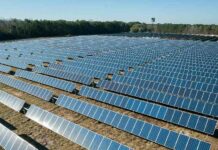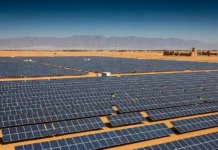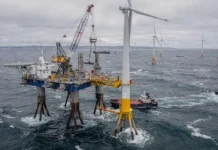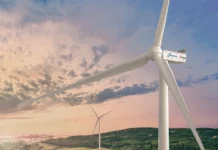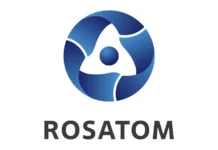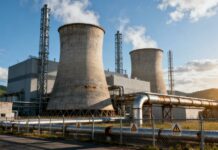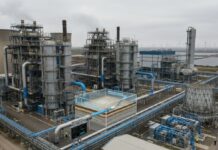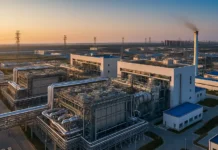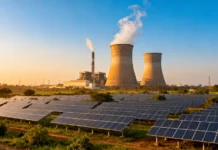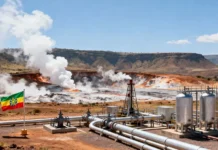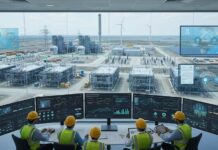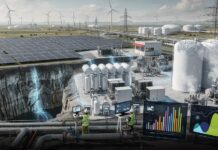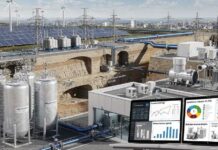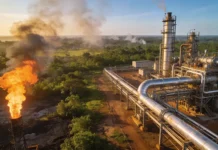A Danish partnership plans to develop an industrial-scale renewable hydrogen production facility to supply fuels for ships as well as ground and air transport in the Copenhagen area.
Copenhagen Airports, A.P. Moller – Maersk, DSV Panalpina, DFDS, SAS and Ørsted partnership brings together the demand and supply side of sustainable fuels with a vision to realize what could become one of the world’s largest electrolyzer and sustainable fuel production facilities as soon as 2023. When fully scaled-up by 2030, the project could deliver more than 250 000 tonnes of sustainable fuel for buses, trucks, maritime vessels and airplanes every year, the group said. Production would potentially be based on a total electrolyzer capacity of 1.3 GW, which would likely make it one of the world’s largest facilities of its kind. The production from the fully scaled facility can reduce annual carbon emissions by 850 000 tonnes.
The goal of the project, which will be located in the Greater Copenhagen Area, is to supply renewable hydrogen for zero-emission buses tendered by Movia and heavy-duty trucks managed by DSV Panalpina, renewable methanol for A.P. Moller – Maersk vessels and renewable jet fuel (e-kerosene) for SAS airplanes and air transport out of Copenhagen Airports. The project will require a large-scale supply of renewable electricity, which could potentially come from offshore wind power produced at Rønne Banke off the island of Bornholm, the group said.
Today, such sustainable fuels come at a higher cost than fossil-based fuels. To become competitive with fossil fuels, the production of sustainable fuels will need to mature, built at industrial scale, and go through a cost-out journey similar to what has been seen over the past decade in other renewable energy technologies, such as offshore wind, onshore wind and solar PV. As an example, the cost of offshore wind has declined by approximately 70% in Northwest Europe since 2012. For this to happen, the group said that governments and industry must come together to create a framework that incentivizes private investments in large-scale sustainable fuel production.
The vision of the partnership is to develop the project in three stages: The first stage, which could be operational by 2023, comprises a 10 MW electrolyzer that can produce renewable hydrogen used directly to fuel busses and trucks.
Stage two comprises a 250 MW electrolyzer facility which could be operational by 2027 when the first offshore wind power from Bornholm could be delivered. This facility would combine the production of renewable hydrogen with sustainable carbon capture from point-sources in the Greater Copenhagen area to produce renewable methanol for maritime transport and renewable jet-fuel (e-kerosene) for the aviation sector.
Stage three, which could be operational by 2030 when the offshore wind potential at Bornholm has been fully developed, would upgrade the project’s electrolyzer capacity to 1.3 GW and capture more sustainable CO2, enough to supply more than 250 000 tonnes of sustainable fuels to be used in buses, trucks, maritime vessels and airplanes. The project has the potential to displace 5% of fossil fuels at Copenhagen Airport by 2027 and 30% by 2030.
Although several partners are challenged by the deep impact of Covid-19, the partnerships long-term commitments to fighting climate change remain intact. The industrial partners see this project as a way to combine the dual objectives of accelerating the green transformation and providing economic stimulus to the Danish economy post the Covid-19 crisis. The group said Denmark is in a unique position to become a hub for the production of sustainable fuels and securing a leading position in establishing an entirely new industry, which will be key in driving decarbonization towards net zero in 2050.
The partnership said it will now move forward and engage in dialogue with the regulatory authorities on the framework and policies needed to support the development of using sustainable fuels at scale in the transport sector in Denmark, and to seek public co-funding to conduct a full feasibility study of the project. If the feasibility study confirms the viability of the project vision, a final investment decision for the first stage of the project could likely be taken as soon as 2021.




